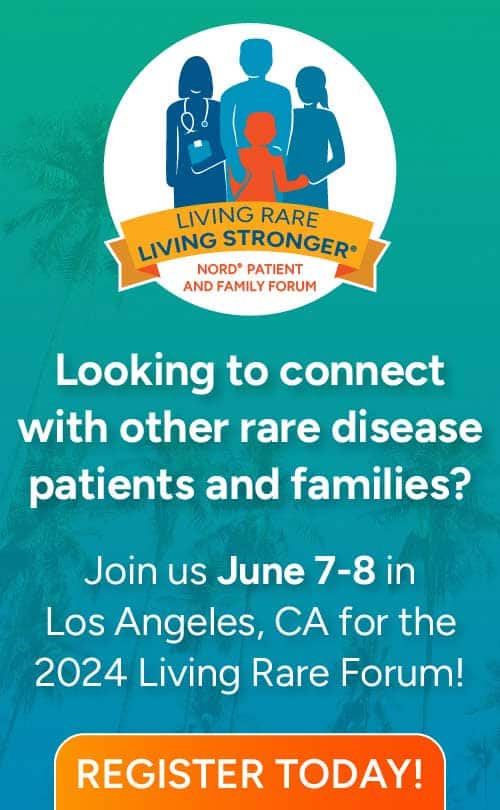NORD’s State Report Card Provides Critical Analysis Across Nine Policy Areas, Including Telehealth, Drug Costs, Medicaid Eligibility, and More
February 22, 2022, Washington, DC – Today, the National Organization for Rare Disorders (NORD®) published the latest edition of its annual State Report Card, which rates all 50 states and Washington, DC on the most important issues affecting the more than 25 million Americans living with a rare disease. The State Report Card was compiled using data through November 2021 and provides detailed analysis in grading each state on its performance on nine major policies of importance to the rare disease community such as newborn screening, Medicaid eligibility and prescription drug out-of-pocket cost protections.
“NORD was founded in 1983 by individuals fighting for policy change against all odds. We’re proud to continue to identify ways the rare disease community can push their lawmakers to better support rare disease patients through the latest edition of our State Report Card,” said Heidi Ross, Acting Vice President, Policy and Regulatory Affairs, NORD. “When NORD launched the State Report Card project in 2015, our goal was to create an easy-to-use resource to evaluate how effectively states were serving individuals and families living with rare diseases, provide insight into the advances being made across the country, and identify where we still need to work together and focus our attention.”
Key takeaways from the new report include:
- Only six states received an A grade on protecting patients from increasingly high prescription drug out-of-pocket costs.
- Despite the critical importance of telehealth during the COVID-19 pandemic, 18 states received a failing grade when it comes to removing barriers for patient access to out of state providers via telehealth.
- Short term, limited duration insurance continues to be unregulated in many states, as only 11 states received an A grade for their oversight and regulation of these plans, which fail to offer the comprehensive health care coverage vital to rare disease patients.
- A total of 21 states have signed legislation into law creating a Rare Disease Advisory Council, including six in 2021 alone. These councils give rare disease patients a unified voice in state government and act as an advisory body to government leaders.
For more information and to view or download the full state-by-state report cards, including maps, patient stories, and resources, visit: https://bit.ly/State-Report-Cards. To learn more about NORD’s policy work, visit: https://bit.ly/Policy-Issues.
About the National Organization for Rare Disorders (NORD)
The National Organization for Rare Disorders (NORD) is the leading independent advocacy organization representing all patients and families affected by rare diseases in the United States. NORD began as a small group of patient advocates that formed a coalition to unify and mobilize support to pass the Orphan Drug Act of 1983. Since then, the organization has led the way in voicing the needs of the rare disease community, driving supportive policies, furthering education, advancing medical research, and providing patient and family services for those who need them most. Together with over 300 disease-specific member organizations, more than 17,000 Rare Action Network advocates across all 50 states, and national and global partners, NORD delivers on its mission to improve the lives of those impacted by rare diseases. Visit rarediseases.org.



